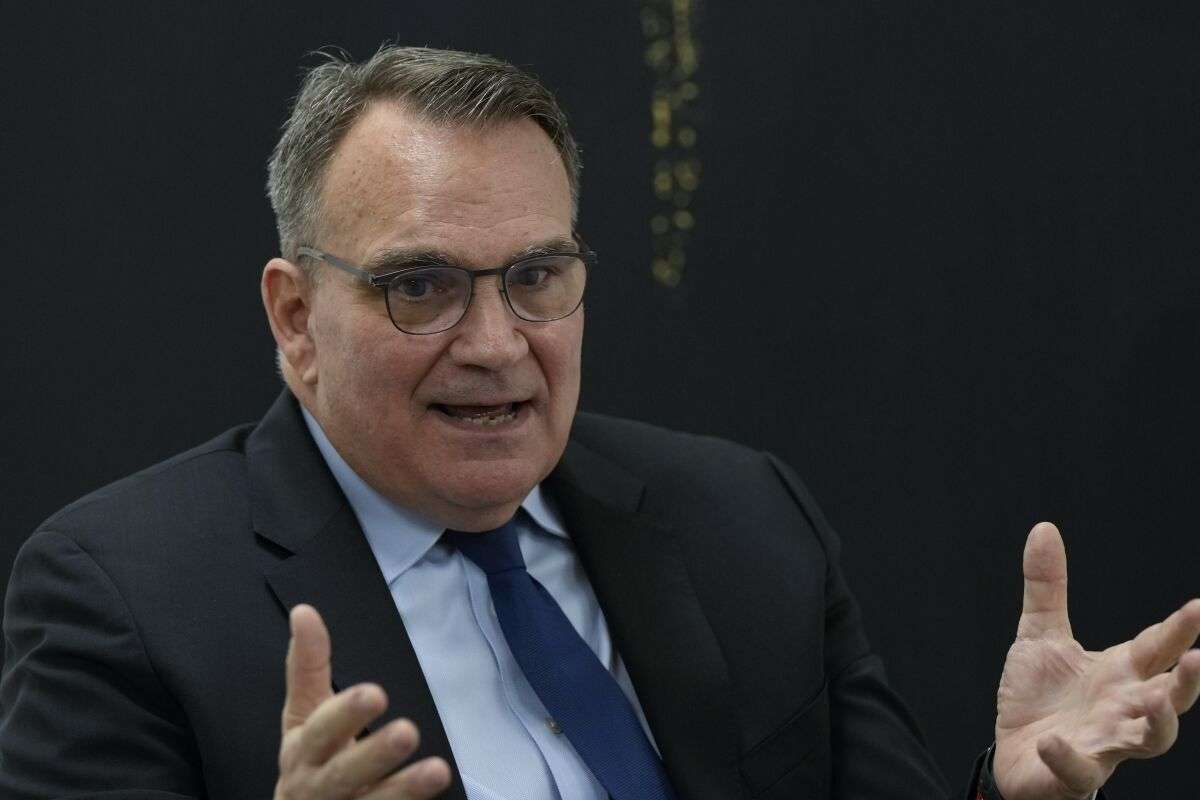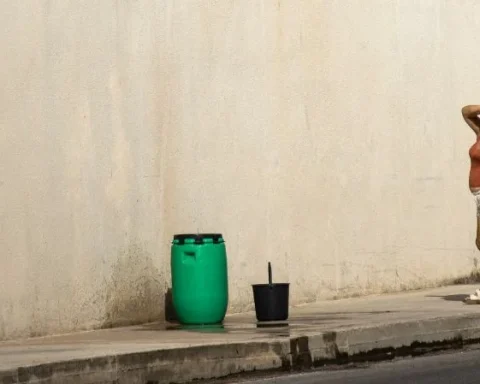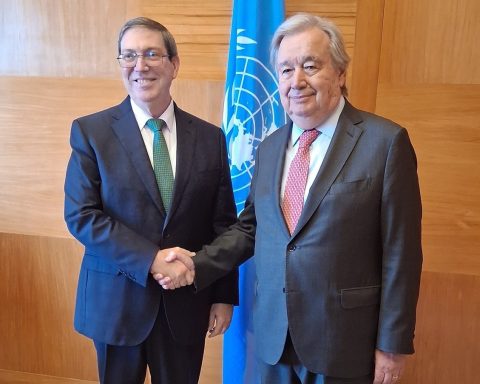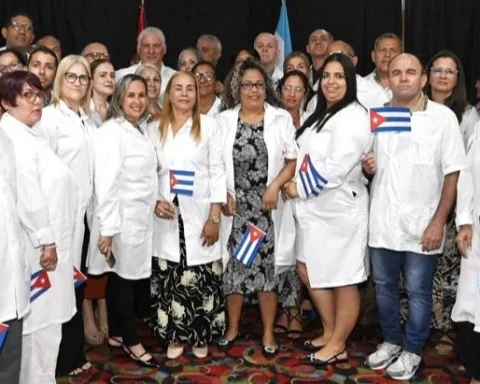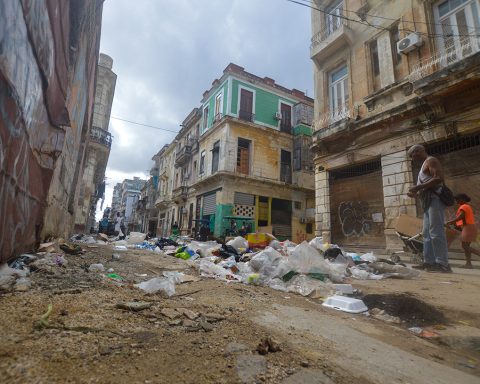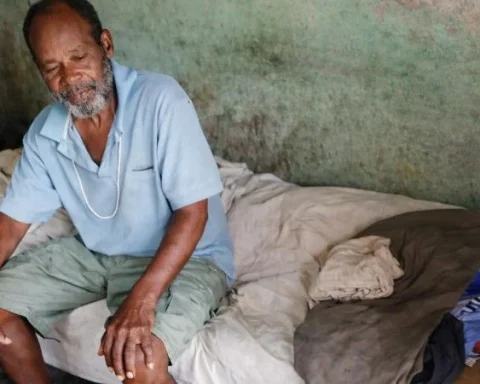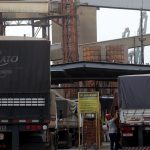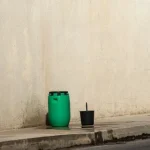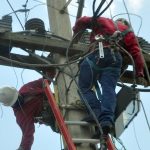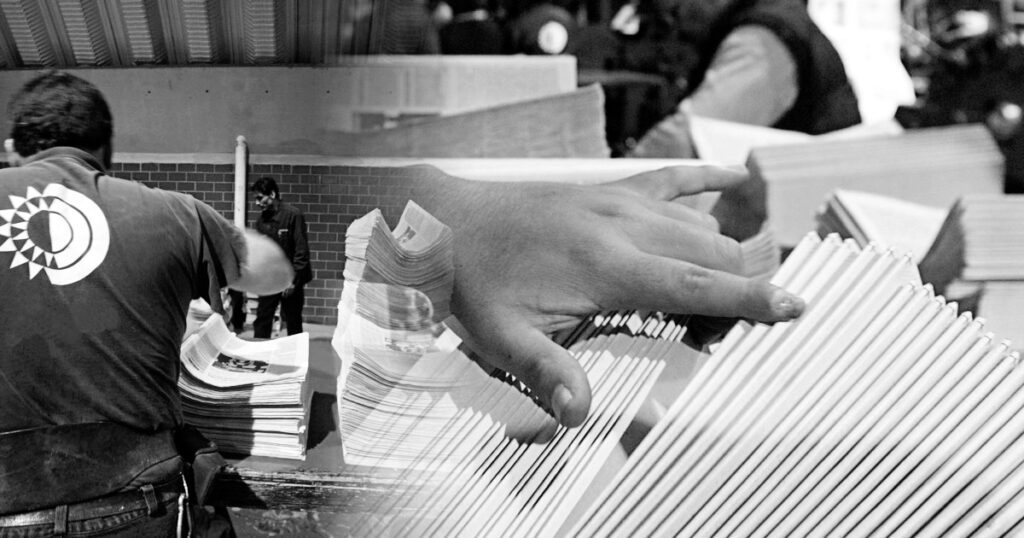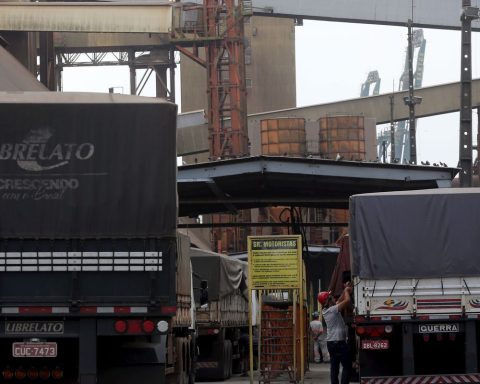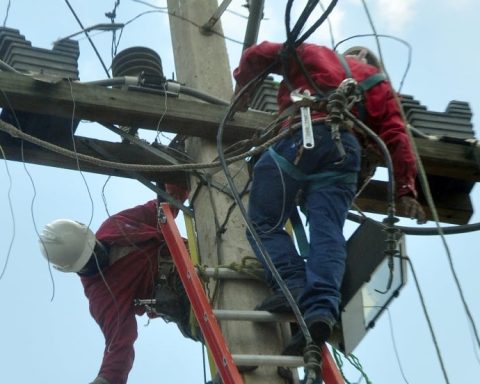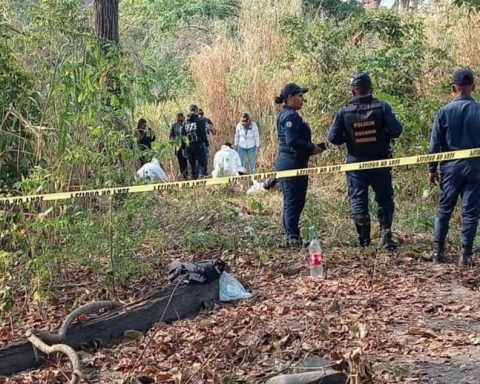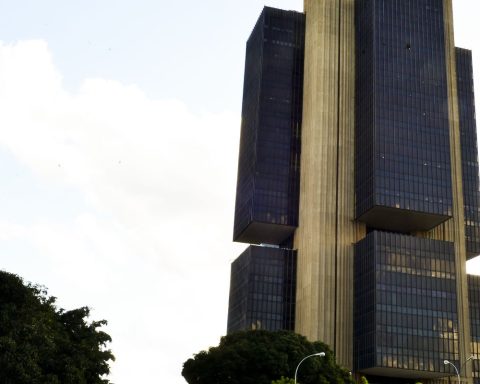The current United States Government considers it unlikely that its relations with Cuba return to the levels reached during the administration of Barack Obama, according to recent statements by Benjamin Ziff, charge d’affaires of the embassy on the island.
“It’s hard to go back… The world has changed from the Obama era and now we have to deal with the world today,” Ziff said in a recent interview awarded to agency Associated Press (AP), in which he addressed different issues on bilateral relations.
“The relationship with the US for historical reasons, political reasons, human rights reasons, is difficult,” said the diplomat, who has been on the island for six months.
For Ziff, “the change in Cuba comes from Cuba, from the Cubans, it does not depend on anyone else.” He said that the US “can support, can help, encourage, advocate, pressure, everything, but basically the future of Cuba depends on the Cubans” and defined the relations between the two countries as “correct and pragmatic.”
frustrated normalization
The brief “thaw” between the two countries began in December 2014 when Barack Obama and Raúl Castro announced their intention to begin a process of normalization of relations between the two countries.
For just over two years there were approaches in different areas, the US disaggregated Cuba from the list of countries that sponsor terrorism – in which Donald Trump returned it a few days after the end of his term.
The official visit to Havana of the President of the United States in May 2016 constituted the highest point of this new trend between both governments, which additionally stimulated travel through licenses people to people, academic and professional exchanges, family remittances, the granting of non-immigrant visas with multiple entries to thousands of Cubans, permits for commercial flights to North American airlines, among other measures.
Through executive orders Obama tried to relativize the US trade embargo, in force for more than six decades and which can only be eliminated by Congress.
With the arrival of Donald Trump to the White House, in 2017, a large part of these measures were reversed or frozen, and, on the contrary, more than 240 new ones were issued aimed at reinforcing the economic blockade against Cuba.
Biden was vice president during the Obama administration and his arrival at the presidency in 2022 renewed hope in some sectors.
His administration has put into effect relief for the sending of remittances, more flights and humanitarian assistance to the island, but they are far from resuming the flexibility and rapprochement that occurred during the so-called “thaw.”
Reopening of the Embassy in Havana and new talks
For nearly five years, the US embassy in Havana remained with a minimum of personnel, after the State Department ordered the withdrawal of most of its officials, alleging alleged sonic attacks that could never be verified and that ended up being considered as ” health incidents.
Officials and employees returned to work in July 2022 and consular services resumed last January, suspended since 2017.
The embassy is offering “hundreds” of appointments daily for immigrant visas, including family reunification, Ziff confirmed to the PA.
Washington’s Agenda: Human Rights
The talks between the two governments have resumed and the most important issue on Washington’s agenda is human rights, after the street protests in July 2021 that provoked a harsh response against protesters and opponents, said the diplomat.
“That is our number one priority, to ensure that the Cuban population can have a future without repression and with economic hope,” explained the diplomat.
Immigration crisis in sight
The resumption of consular activities has coincided with a massive exodus of Cubans to the US.
It is estimated that more than 300,000 Cubans have arrived in that country in the last two years, approximately 3% of the island’s population.
A federal parole program that the Biden administration has implemented since early January benefits Cubans and is aimed at persuading migrants to use safe and legal pathways, but is currently being questioned.
